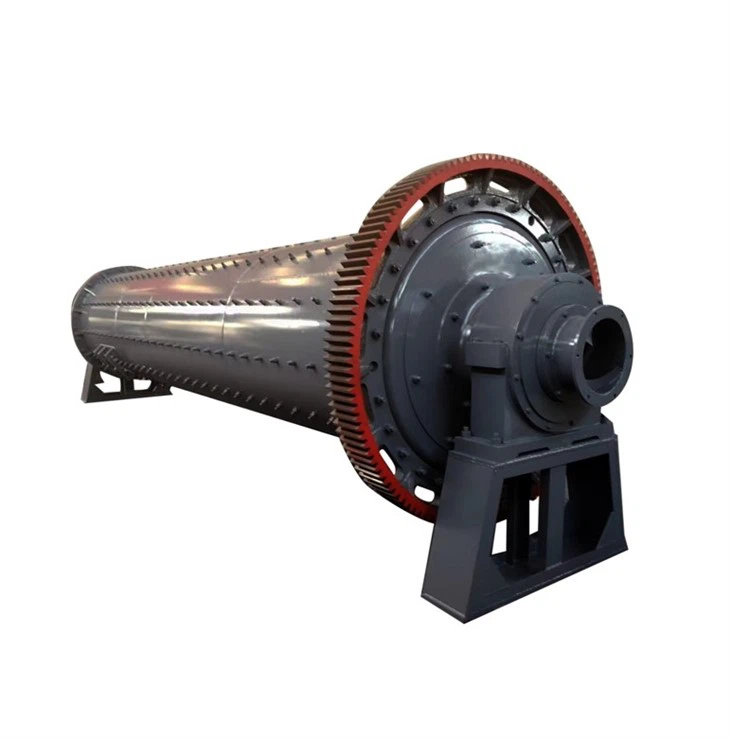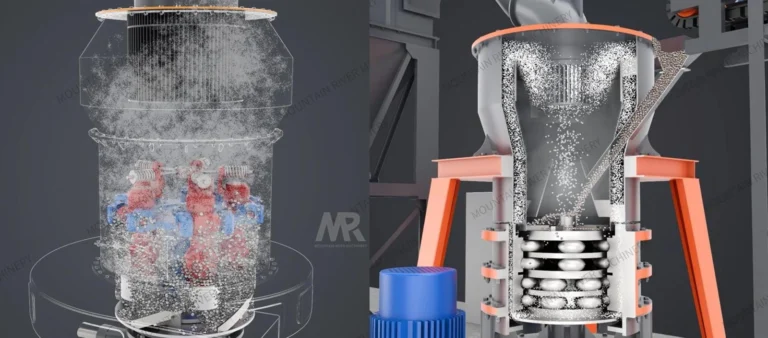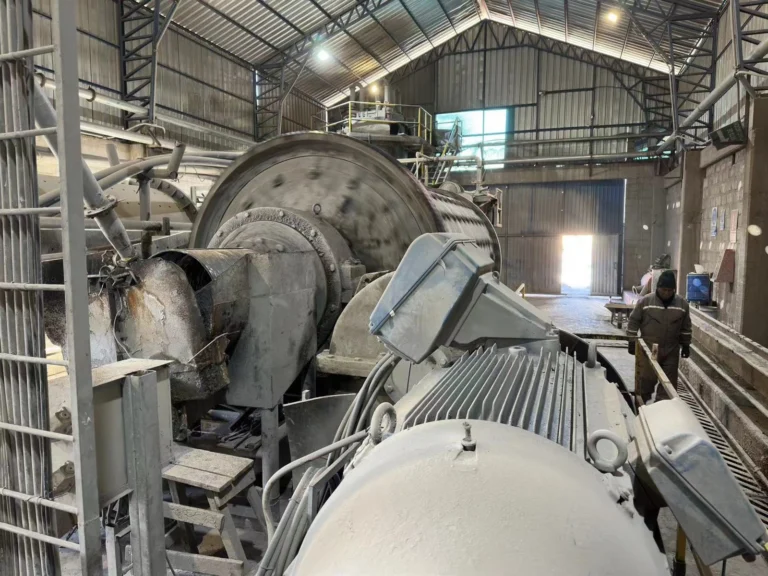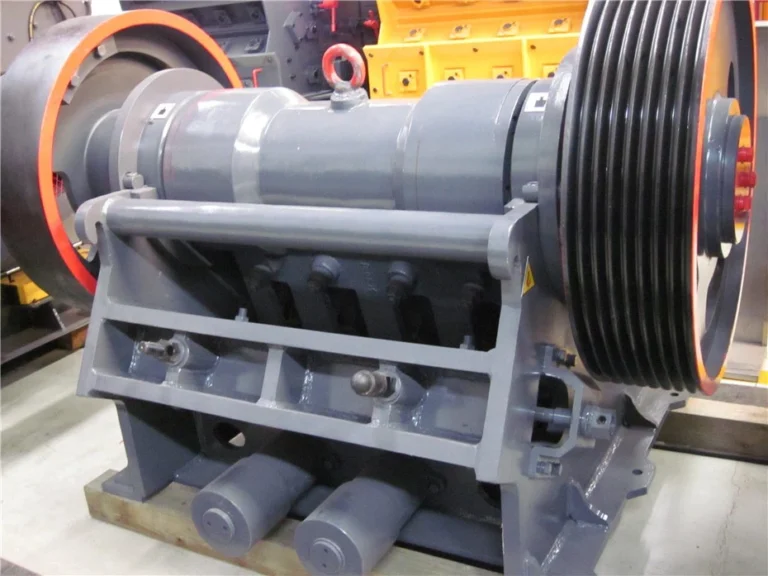What Is The Difference Between Hammer Mill And Jaw Crusher?
Introduction
When it comes to processing materials such as rocks, ores, and minerals, crushers and mills are crucial pieces of equipment. Two common types of machines used for reduction are hammer mills and jaw crushers. While both perform a similar function, they operate in different ways. In this article, we will explore the differences between these two machines and discuss which might be better suited for different applications.
What is a Hammer Mill?
A hammer mill, also called a grinder, is a machine used to shred or crush materials into smaller pieces. Unlike a jaw crusher, which uses compression force to break up materials, a hammer mill uses rapidly rotating hammers to pulverize materials.
What is a Jaw Crusher?
A jaw crusher, on the other hand, operates by using a compressive force to break up solid materials into smaller pieces. It consists of two jaws, one stationary and one movable, which move back and forth to break up materials.
Speed
One of the most significant differences between a hammer mill and a jaw crusher is their speed. A hammer mill operates at a high speed, typically between 2,000 – 6,000 RPM, while a jaw crusher operates at a slower speed, around 300 – 400 RPM.
Force
Another main difference between a hammer mill and a jaw crusher is the amount of force that is applied. A hammer mill uses a lot of force to break up tough materials, whereas a jaw crusher only uses pressure to break up materials.
Size
When it comes to producing smaller materials, a hammer mill is generally more efficient than a jaw crusher. This is because a hammer mill can process smaller materials more quickly than a jaw crusher, which has to wait for materials to be fed into it.
Materials
The materials that can be processed by a hammer mill and a jaw crusher are also different. A hammer mill is usually used for crushing softer materials such as limestone, phosphate, gypsum, weathered shales, and a variety of composts. A jaw crusher, on the other hand, is typically used for crushing harder, more abrasive materials such as granite, ores, and concrete.
Maintenance
When it comes to maintenance, there are some important differences between a hammer mill and a jaw crusher. A hammer mill requires more frequent maintenance than a jaw crusher due to the wear and tear caused by the high speeds and force involved. Additionally, the parts of a hammer mill require periodic replacement, which can be expensive. A jaw crusher, on the other hand, requires less maintenance but more complex maintenance procedures.
Application
Finally, the application of a hammer mill or a jaw crusher can differ depending on the type of material being processed. For example, a hammer mill is often used to process agricultural materials, whereas a jaw crusher is typically used to process hard rock or ores.
Conclusion
In summary, while both hammer mills and jaw crushers are commonly used for reduction and processing purposes, they operate in different ways and are suited for different applications. Choosing the right machine for your needs depends on a variety of factors, including material type, size, desired output, maintenance requirements, and more. By understanding the differences between these two machines, you can make an informed decision about which one is best for your needs.






